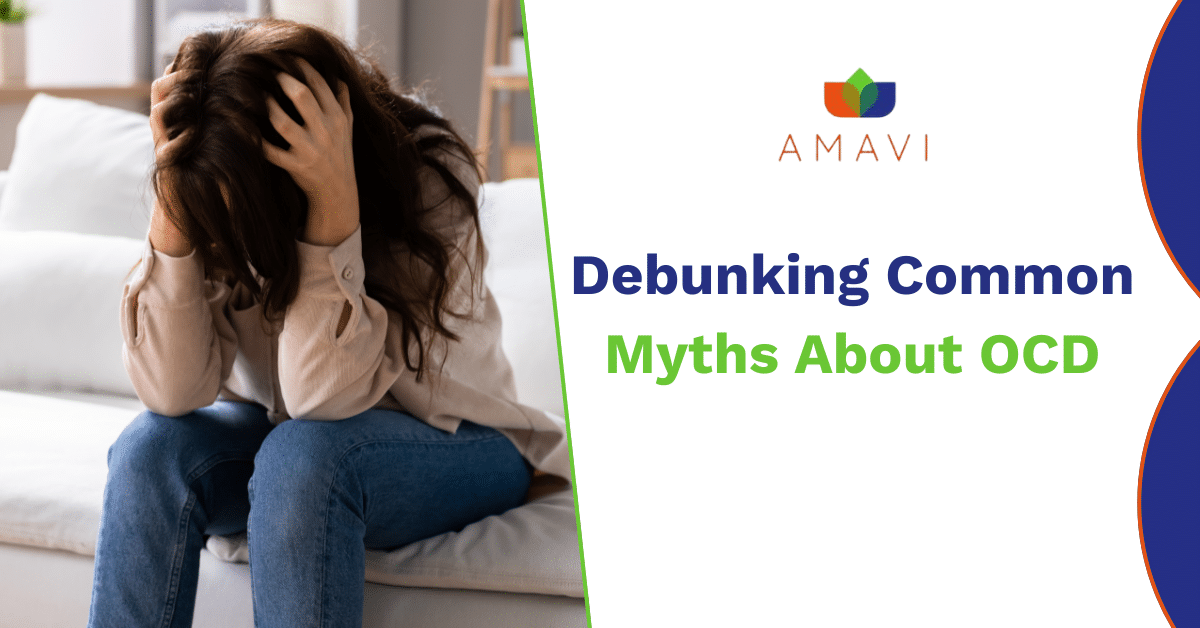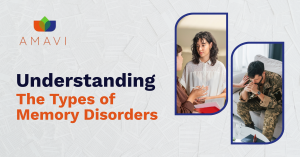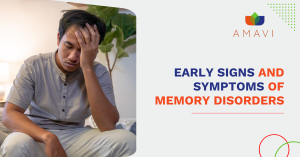Obsessive-Compulsive Disorder (OCD) is a complex mental health condition often misunderstood by the general public. Misconceptions about OCD not only undermine the seriousness of the condition but also perpetuate stigma, preventing those affected from seeking the help they need. Addressing these misconceptions opens the door to practical, everyday approaches that help people live more effectively with OCD.In this blog post, we will explore common myths about OCD, highlight the differences between OCD and personality quirks, and encourage accurate understanding to foster a more supportive environment.
1. Common Misconceptions About OCD
Myth 1: OCD Is Just About Cleanliness and Organization
One of the most pervasive misconceptions about OCD is that it revolves solely around cleanliness and organization. Media portrayals often depict individuals with OCD as people obsessed with washing their hands or aligning items perfectly. While fear of contamination and the need for orderliness are common manifestations of OCD, they represent only a fraction of the disorder.
OCD encompasses a wide range of symptoms that extend beyond stereotypical portrayals. For example, individuals with OCD often experience intrusive thoughts—unwanted and distressing ideas about harm, taboo topics, or violence. These thoughts can lead to compulsive behaviors such as checking rituals, where people repeatedly verify locks, appliances, or safety measures to alleviate anxiety. In some cases, OCD manifests as hoarding behaviors, where individuals struggle to discard possessions, even items of little or no value. Others may engage in mental compulsions, such as silently repeating prayers, counting, or mentally rehearsing scenarios to neutralize intrusive thoughts. These diverse manifestations demonstrate that OCD is not merely about preference or habit but is instead a debilitating condition that disrupts daily life and causes significant distress.
Myth 2: OCD Behaviors Are Always Visible
Another misconception is that OCD always involves outward compulsive behaviors like excessive cleaning or checking. However, many individuals with OCD struggle silently with mental rituals. These include repetitive thought patterns or mental actions designed to alleviate anxiety. For instance, someone with OCD may mentally count numbers in specific sequences or silently recite phrases to counteract intrusive thoughts. These hidden compulsions can be just as distressing as physical ones but are often overlooked, leading to underdiagnosis and misunderstanding of the condition.

2. Differences Between OCD and Personality Quirks
OCD: A Clinical Condition
OCD is a diagnosable mental health disorder defined in the Diagnostic and Statistical Manual of Mental Disorders (DSM-5). It is characterized by obsessions, which are persistent, unwanted thoughts or urges that cause distress, and compulsions, which are repetitive behaviors or mental acts performed to reduce that distress. These symptoms are excessive, time-consuming, and interfere with daily functioning.
For example, an individual with OCD might spend hours washing their hands to alleviate an intense fear of contamination, even to the detriment of their work, relationships, or physical health. The key distinction is that OCD symptoms cause significant distress and disrupt normal life, making it a serious mental health condition requiring professional intervention.
Personality Quirks: Non-Distressing Preferences
In contrast, personality quirks or preferences are behaviors that do not cause significant distress or impair daily functioning. Enjoying a clean and organized space, for example, might simply reflect a personal preference. However, this preference does not involve compulsive rituals or severe anxiety if things are out of place. Similarly, double-checking the stove to ensure it is off is a reasonable safety measure, unlike the repetitive, anxiety-driven checking characteristic of OCD.
Understanding this distinction is critical to avoid trivializing OCD and confusing its symptoms with normal behaviors. OCD is not a personality trait or an idiosyncrasy; it is a severe condition that requires appropriate treatment.
3. Encouraging Accurate Understanding to Reduce Stigma
Impact of Misconceptions
Misconceptions about OCD contribute to the stigma surrounding mental health. Commonly heard phrases like “I’m so OCD” trivialize the condition, reducing it to a personality trait and making it harder for those affected to be taken seriously when they seek help. These misunderstandings also discourage individuals from recognizing the severity of their symptoms and pursuing treatment.
The reality is that OCD is not a choice or a quirk. It is a condition rooted in brain chemistry and neurological functioning. Studies have shown that imbalances in serotonin levels and abnormalities in specific brain regions, such as the orbitofrontal cortex, contribute to OCD symptoms. Genetics and environmental factors, such as childhood trauma, also play a role in the development of the disorder.
Promoting Awareness
Accurate information is essential to fostering empathy and understanding. Educating yourself about OCD beyond stereotypes can help combat stigma and promote a more supportive environment. For example, learning about the diverse manifestations of OCD—from contamination fears to intrusive thoughts—can broaden awareness and reduce judgment.
Listening without judgment is another critical step. Providing a safe space for individuals with OCD to share their experiences without fear of dismissal helps validate their struggles and encourages open dialogue. Reassuring individuals that seeking professional help is a sign of strength, not weakness, can further empower them to access treatment. Evidence-based therapies like Cognitive Behavioral Therapy (CBT) and Exposure and Response Prevention (ERP) are highly effective for managing OCD symptoms and improving quality of life.
Supporting Advocacy Efforts
Organizations dedicated to mental health advocacy play a crucial role in spreading awareness and fostering change. By supporting these initiatives, we can amplify the voices of those living with OCD, promote evidence-based treatments, and encourage broader understanding of mental health conditions. Advocacy can also help fund research into new treatments and interventions, providing hope for those affected.
Shaping a Compassionate Perspective on OCD
Debunking myths about OCD is essential to reducing stigma and improving the lives of those affected. By understanding the true nature of OCD, distinguishing it from personality quirks, and promoting accurate information, we can create a more supportive and informed society.
If you or someone you know is struggling with OCD, remember that help is available at Amavi Integrative Mental Wellness. Reaching out to a mental health professional can be the first step toward reclaiming control and living a fulfilling life. Let’s replace misconceptions with compassion, understanding, and support, ensuring that those with OCD feel empowered to seek the care they deserve.






